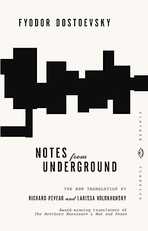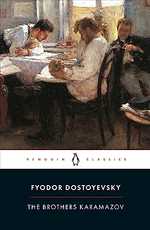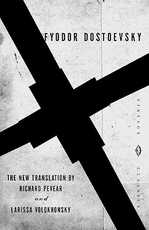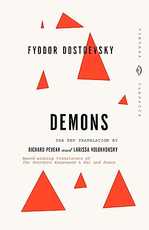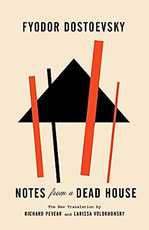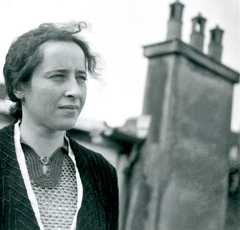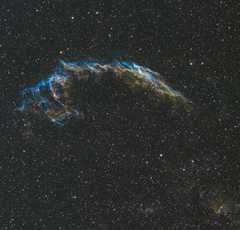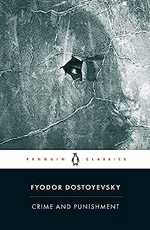
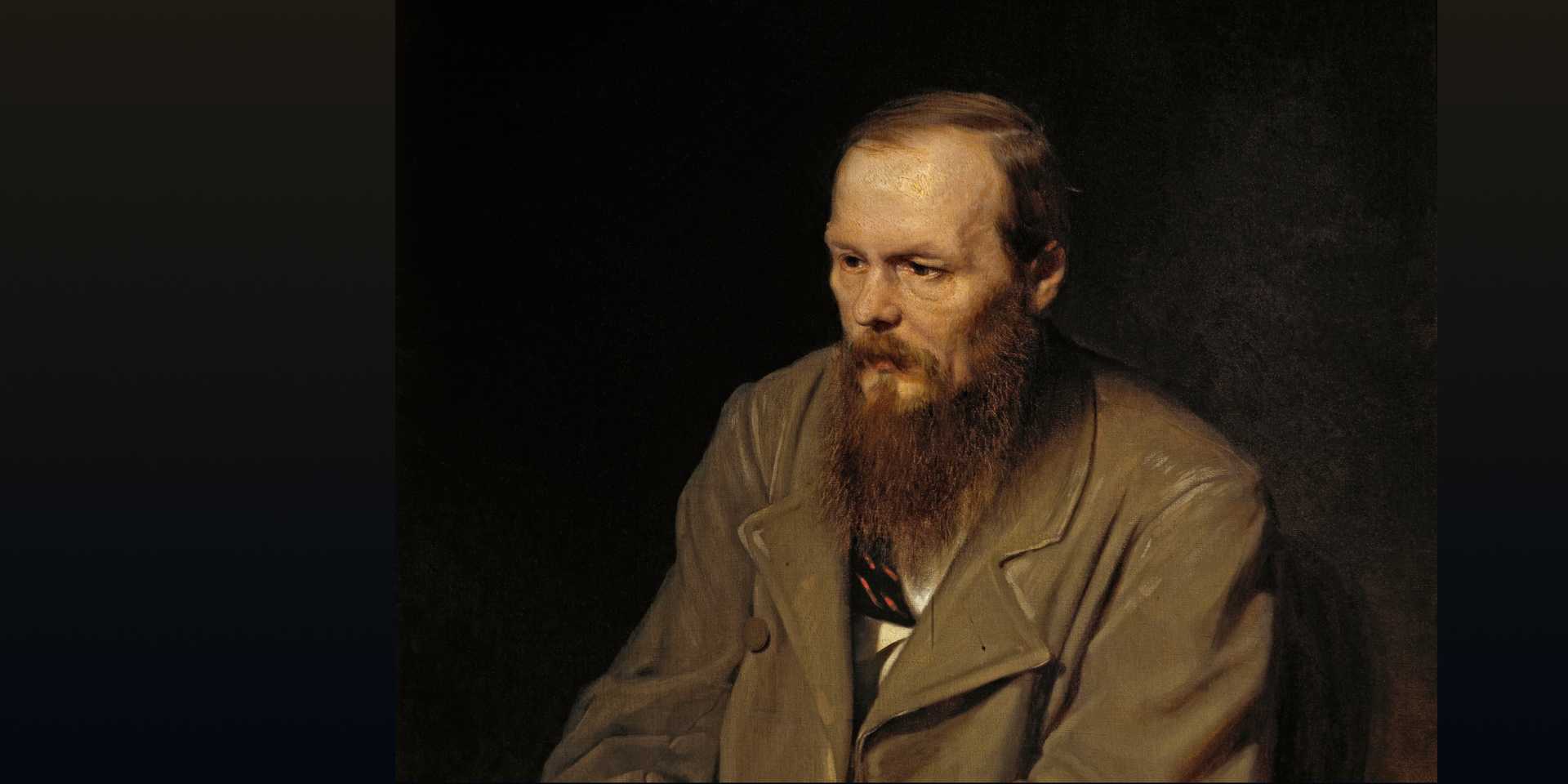
Fyodor Dostoevsky The Best 6 Books to Read
Fyodor Dostoevsky (1821-1881) was a Russian writer whose works greatly influenced literature and existentialism. Along with fellow 19th-century Russian author Leo Tolstoy (see our reading list of Tolstoy’s best books here), Dostoevsky is one of the most prominent literary figures in history, celebrated for his profound exploration of human psychology, morality, and the human condition.
Dostoevsky stands at the intersection of literature and philosophy, wrestling with classic existential themes like suffering, guilt, freedom, responsibility, the existence of God, and the struggle for meaning. (To learn more about how such themes feature in existential philosophy generally, check out our short introduction to existentialism, as well as our reading list of existentialism’s best books).
A genius observer of the human psyche, Dostoevsky’s characters are never merely ‘good’ or ‘bad’, but category-defying, flawed, contradictory — in other words, extremely well drawn and deeply human.
Philosophers and writers have been greatly inspired by Dostoevsky’s insights into the human condition. Friedrich Nietzsche, for instance, (see our reading list of Nietzsche’s best books here) wrote:
Dostoyevsky was the only psychologist from whom I had anything to learn: he belongs to the happiest windfalls of my life.
In one concise email each Sunday, I break down a famous idea from philosophy. You get the distillation straight to your inbox:
💭 One short philosophical email each Sunday. Unsubscribe any time.
This reading list consists of the best books for getting started with Fyodor Dostoevsky. After reading it, you’ll understand exactly why Dostoevsky is considered one of the greatest and most psychologically insightful writers in history.
1. Crime and Punishment, by Fyodor Dostoevsky
Written over 11 frantic months and first published in 1866, Crime and Punishment is Dostoevsky’s most famous book — and for good reason. This is arguably one of the most important novels ever written: its searing psychological depth changed perspectives on what novels could do.
Over 720 magnificent pages, Dostoevsky tells the story of Raskolnikov, a destitute and desperate former student whose grappling with his own conscience makes for haunting, enthralling reading.
Covering existential themes like suffering, guilt, and the possibility of meaningful redemption, Crime and Punishment is simply a must read for anyone interested in Dostoevsky, philosophical literature, or literature generally.
2. Notes from Underground, by Fyodor Dostoevsky
If you’re keen to get into Dostoevsky, but not sure about diving into one of his longer works straight away, then his 1864 novella Notes from Underground is the perfect place to start.
The unnamed narrator of Notes from Underground is one of the most distinctive voices in literature, characterized by all the classic themes you expect to find in a work by Dostoevsky: isolation, suffering, and existential angst.
A masterclass in exploring humanity’s irrational and self-contradictory nature, Notes from Underground belongs on the bookshelf of anyone interested in Dostoevsky.
3. The Brothers Karamazov, by Fyodor Dostoevsky
While Crime and Punishment is Dostoevsky’s most famous novel, The Brothers Karamazov is often touted as his masterpiece.
Sigmund Freud described it as the “most magnificent novel ever written.” The writer Joyce Carol Oates, meanwhile, notes:
There is no writer who better demonstrates the contradictions and fluctuations of the creative mind than Dostoevsky, and nowhere more astonishingly than in The Brothers Karamazov.
First published in 1880, The Brothers Karamazov — packed with darkly wonderful prose — follows the lives of three brothers, each battling their own personal demons. One of its key themes is “if God does not exist, then everything is permitted.”
Dostoevsky’s most sustained investigation into the depths of humanity and the meaning of life, The Brothers Karamazov is epic in length, scope, and reputation, rendering it necessary for any Dostoevsky collection.
4. The Idiot, by Fyodor Dostoevsky
While Crime and Punishment portrays the struggles of a guilty man, The Idiot (written immediately after the former, and first published in 1869) portrays the struggles of a man of perfect innocence.
Taken together, the two books thus form a brilliant critique of society from the perspectives of saint and sinner. In a civilization obsessed with money, power, and manipulation, how are we supposed to live?
While not as famous as Crime and Punishment, The Idiot is a wonderful companion to it, and contains some of Dostoevsky’s most lucid and moving prose.
5. Demons, by Fyodor Dostoevsky
One of his more complex and challenging novels, Dostoevsky’s Demons was inspired by the true story of a political murder that horrified Russia in 1869.
Dostoevsky ferociously satirizes the political ideology bubbling at the time, yet also manages to incorporate more universal themes on human nature, the existence of God, and ultimately (as always!) the meaning and purpose of life.
While somewhat less accessible than some of the other novels on this list, Demons is nevertheless a deeply rewarding read for anyone interested in why Dostoevsky is recognized as one of the greatest writers of all time.
6. Notes from a Dead House, by Fyodor Dostoevsky
In 1849, before writing any of his major works, Dostoevsky was sentenced to four years of hard labor in a Siberian prison camp for participating in a socialist discussion group.
Notes from a Dead House (also translated as House of the Dead, and first published in 1861) is Dostoevsky’s personal memoir from that time, thinly disguised as a piece of fiction to elude government censors.
Immediately before Siberia, Dostoevsky was subject to a mock execution: he and his fellow prisoners were lined up and told they would be shot. The trauma of this experience — lining up, believing it to be the end — infuses Dostoevsky’s prose with a fierce, desperate energy that went on to inform not just Notes from a Dead House but all of Dostoevsky’s subsequent writing. (Dostoevsky specifically describes what he believed to be the last moments of his life, for instance, through his protagonist in The Idiot).
Far from a relentlessly bleak lament on Dostoevsky’s terrible Siberian experiences, however, Notes from a Dead House is filled with gallows humor and meditations on human freedom. “The prisoner himself knows that he is a prisoner,” Dostoevsky writes, “but no brands, no fetters will make him forget that he is a human being.”
Notes from a Dead House is the book that relaunched Dostoevsky’s literary career following his imprisonment in Siberia, making him a celebrity in the creative salons of Saint Petersburg, and setting him up to write his major works.
If you’re interested not just in Dostoevsky’s novels, but in the key events that shaped his life and writing, Notes from a Dead House is for you.
Further reading
Are there any other books you think should be on this list? Let us know via email or drop us a message on Twitter or Instagram.
In the meantime, why not explore more of our reading lists on the best philosophy books:

View All Reading Lists
Essential Philosophy Books by Subject
About the Author

Get one mind-opening philosophical idea distilled to your inbox every Sunday (free)

From the Buddha to Nietzsche: join 14,000+ subscribers enjoying a nugget of profundity from the great philosophers every Sunday:
★★★★★ (50+ reviews for Philosophy Break). Unsubscribe any time.

Latest Breaks
Each philosophy break takes only a few minutes to read, and is crafted to expand your mind and spark your curiosity.
